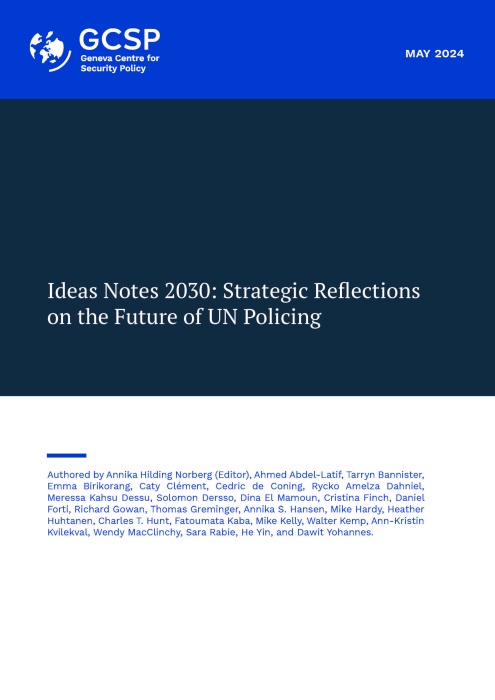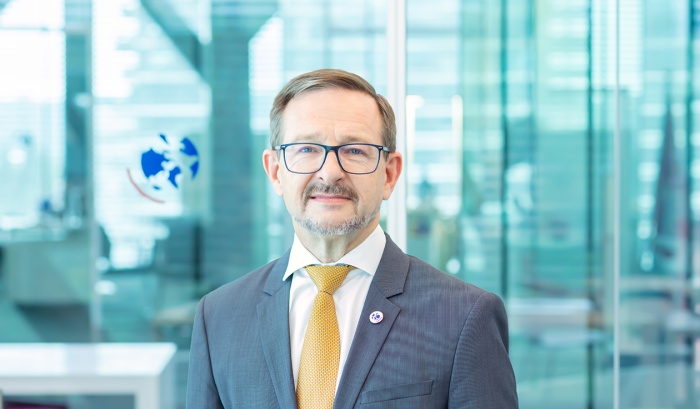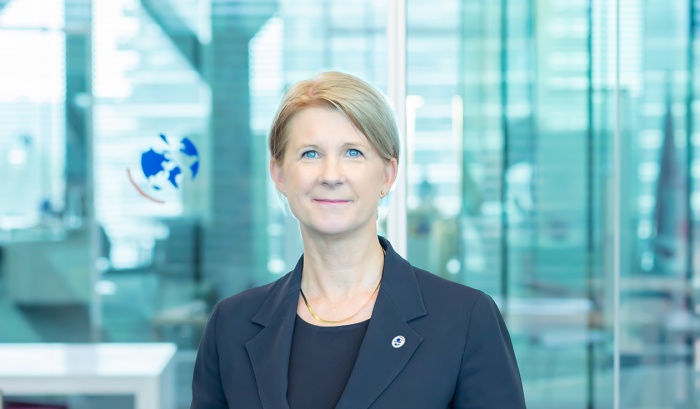Ideas Notes 2030: Strategic Reflections on the Future of UN Policing
Abstract
Since the 1960’s, UN police has provided a critical capability in the evolving tool-box of UN peace operations. UN policing, pioneered and supported in its development by UN Member States, has grown into a people-centred, field focused instrument in the service of peace. Over the years and until recently, the number of UNPOL incrementally increased allowing wider scope and greater impact.
However, as the world is increasingly struggling with accelerating fragmentation, polarization, and securitization, the ability of peace operations, including UN Police, to deliver on the ambitious mandates authorized by UN Member States, has become more difficult. The context and the nature of violent conflict is changing. The challenges to individuals and communities, and to national, regional and international peace, security and development, are significant and mounting. The outbreak of war in the Middle East, the invasion of Ukraine, rising instability across the African continent, the abandonment of rights for women and girls in Afghanistan, and the destructive consequences of climate change for people and planet, are only a few of the current crises that are having a profound impact
on all matters of peace and security far beyond the regions concerned.
Mobilizing a response, the United Nations Secretary-General’s vision for a New Agenda for Peace was published in July 2023 to inform the preparations for a Summit of the Future to be held in September 2024. It called for a strategic reflection on the challenges and achievements, limitations and achievements of UN peace operations. A zero draft of the Pact for the Future took a somewhat similar approach by calling for Member States to commit to undertaking an inclusive, comprehensive reflection on the future of peace operations, including peacekeeping. It also requested “the Secretary–General to continue to develop new models of peace operations that can respond to the evolving nature of conflict in traditional and new domains, while devising transition and exit strategies.”
To this end, and as the world enters a new era, how can UN Policing best be adapted, refined, strengthened and leveraged to ensure its full potential as a key function and tool in a spectrum of UN peace and security engagements, missions and operations? Indeed, building on progress made through the Action for Peacekeeping Plus initiative, this collection of ideas notes is intended to contribute to the larger international strategic reflections on the future of UN policing. The ideas notes explore the possible and desirable future of United Nations policing.
Partners and Contributors: This is a compilation of Ideas Notes on the Future of UN Policing written in the context of the New Agenda for Peace and in support of the preparations for the Summit of the Future. 25 leading scholars and practitioners from a global range of universities, think tanks, training centres, departments and ministries, governmental and non-governmental, has come together and are submitting the present complimentary perspectives and ideas intended to inform ongoing reflections on how to strengthen UN Policing to be optimally fit for the future. Contributing authors are introduced and presented at the beginning of each Idea Note / chapter.
Disclaimer: The views, information and opinions expressed in this publication are the author’s/authors’ own and do not necessarily reflect those of the GCSP or the members of its Foundation Council. The GCSP is not responsible for the accuracy of the information.



